Violating speed, passenger cars repeatedly crashed into traffic police patrol cars to escape

4 | 1 Discuss | Share
The laws in feudal law all delineate different behaviors that pose a risk of harming the community when participating in traffic and are accompanied by sanctions depending on the level of violation.
In the National Court Penal Code (commonly known as the Hong Duc Code), in article 553, there is the following provision: "A person who unreasonably rides a horse in the streets, alleys of the capital or in a crowd of people shall be punished." fined 60 rods. If this causes injury or damage to a person, the crime will be one level less serious than the crime of injuring or killing a person; if an animal is injured or killed, the amount of money must be compensated according to the loss. price (for example, if an animal is worth 10 parts, if it kills only 2 parts, you have to pay 8 parts; if you injure 1 part, you have to pay 1 part). If you need to go urgently for public or private reasons. Running away from a horse is not a crime; therefore, if it injures or kills a person, it will be punished according to the crime of accidentally causing it. If the horse is frightened and cannot be restrained, injury or death occurs. For others, the sentence will be less severe than one mistake or two steps."
Inheriting a number of regulations in the legal system of the Later Le Dynasty, the first and most important law code of the Nguyen Dynasty was the Hoang Viet Code (commonly known as Gia Long Code) which also had provisions on "conduct". violating traffic order". In the Criminal Code section under the Human Life section, there is a law regulating "Running vehicles and horses to kill people" as follows:
"Anyone who drives a cart or horse without reason in a street or town, thereby injuring another person, is reduced by 1 level compared to the crime of fighting and causing injury. If causing harm to a person, the penalty is 100 strokes. , exiled 3,000 miles. If anyone drives a cart or horse without reason in the countryside or in a deserted field, he injures another person (if he does not kill someone, he will not be punished); if he kills someone, he will be punished. 100 strokes. The above-mentioned crimes will all be collected 10 taels of silver for burial. If anyone, because of urgent official duties, speeds away and causes damage to another person, they will be prosecuted according to the law of "accident" (according to the law on collection of money). provide atonement to that person's family).
In the history books of the Nguyen Dynasty, specifically in the book Dai Nam Thuc Luc, there is a story about the act of "violating traffic order" leading to loss of life and being severely punished. Accordingly, a prince named Mien Phu has a stubborn personality and likes to play around; One night in November of the year At Mui (1835) Mien Phu and a number of his subordinates raced horses outside the royal citadel. After a while, the prince left first, but his subordinates continued to race their horses.
An old woman on the way to avoid the accident was killed by Hoang Van Van's horse. Upon receiving the news, King Minh Mang immediately ordered his courtiers to investigate. Although he did not directly cause the old woman's death, Prince Mien Phu was severely scolded by the king.
After that, Minh Mang ordered to strip Mien Phu of all his clothes and hats, cut off all his annual salary, forced him to stay at home to correct his mistakes, not allowing him to join the ranks of princes, and also had to compensate the family 200 taels of silver. family of the deceased. As for Hoang Van Van, his head was taken after his temporary detention expired. Other Mien Phu subordinates who participated in the horse race were exiled to far away places. When they arrived at their places of exile, they were beaten 100 times.
In addition to regulations dealing with "violation of traffic order", contemporary law also has provisions that refer to the responsibilities of competent individuals in ensuring the safety of roads, bridges and culverts, avoiding causing unfortunate events to happen to everyone participating in traffic.
- Penalty for leaving bridges and roads dilapidated and damaged: Article 85 of the National Penal Code has the following content: "The company owners see damaged palaces, city gates or royal carriage roads, bridges and culverts." If the king is dilapidated without reporting it, if there is a royal edict to repair it but it is not repaired properly, they must be dismissed and dismissed; if the damage is too severe, the punishment will be two levels more severe.
Also in this law, in article 633, it is stipulated: "In prefectures, districts and towns, roads, bridges and culverts that are important places of passage, the road, district and town officials must force the local people to repair them. , if it is destroyed and obstructs the movement of soldiers and civilians, it will be considered a crime or a fine."
In the book Si Kien Kiem Quy, it is mentioned the responsibilities of mandarins, including the repair of bridges and roads: "All sections of bridges and roads must necessarily be reinforced and inspected. Bridges and culverts that are damaged or broken, When roads are eroded and make it difficult to travel, they must be repaired to make them sturdy, flat, and convenient for travel, to avoid the risk of having to climb suspension bridges because of stagnant water, so when Tu San worked as a mandarin in The Trinh Kingdom used vehicles to help people cross the Tran and Huu rivers; if the bridge was repaired to help people cross the river, there would be no need to worry about crossing the river anymore. It is said to be a small favor, but it is a kindness that helps people."
It can be seen that, although in a time when social relationships were not as diverse and complex as today, to a certain extent, major social relationships were regulated by legal norms. including the fields of "traffic order" and "traffic infrastructure". This proves that hundreds of years ago, our ancestors had a clear vision and viewpoint in terms of law regarding one of the essential areas of social life.
Evading the impregnated market when "the month comes", what tricks does the concubine use? 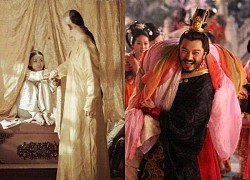 Minh Lợi14:08:01 16/02/2024Ancient Chinese people used to regard seeing blood as a harbinger of bad luck. Therefore, if he was unfortunate enough to be blessed on the right day of the month, the Heavenly Prince would know that he would not only lose his grace but might also anger him.
Minh Lợi14:08:01 16/02/2024Ancient Chinese people used to regard seeing blood as a harbinger of bad luck. Therefore, if he was unfortunate enough to be blessed on the right day of the month, the Heavenly Prince would know that he would not only lose his grace but might also anger him.

4 | 1 Discuss | Share
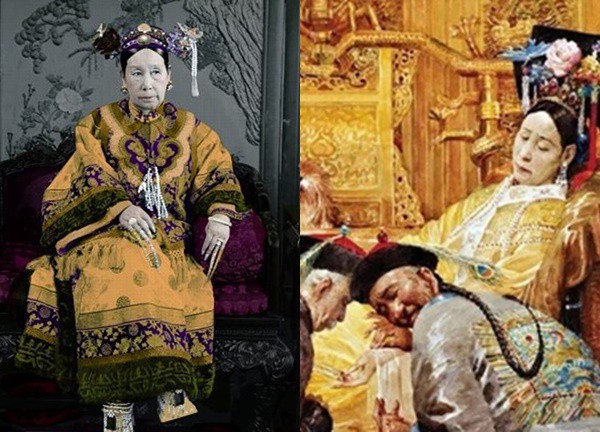
2 | 1 Discuss | Share

4 | 1 Discuss | Share
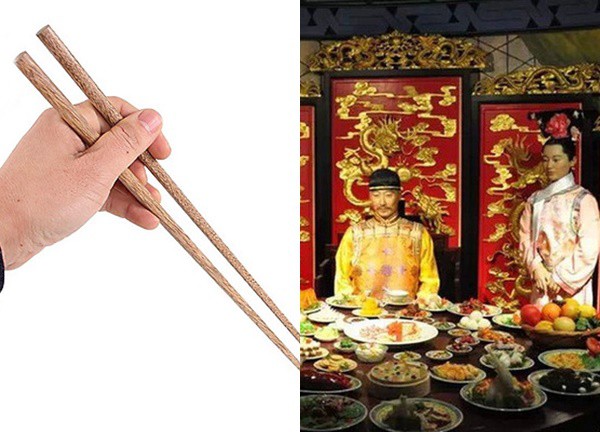
2 | 1 Discuss | Share
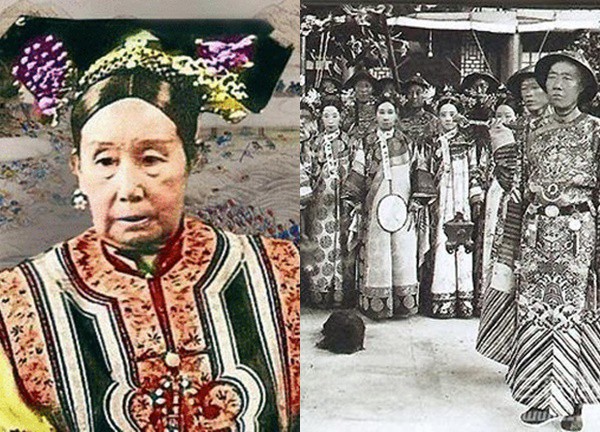
7 | 1 Discuss | Share

3 | 1 Discuss | Share
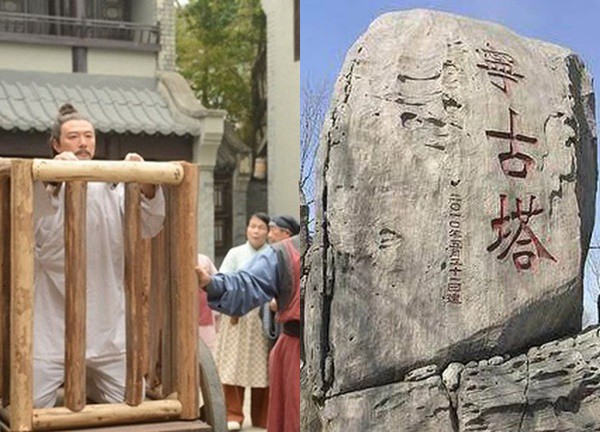
2 | 1 Discuss | Share

3 | 1 Discuss | Share
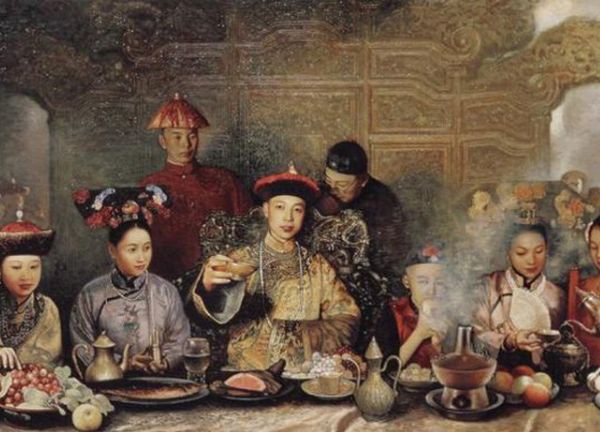
3 | 1 Discuss | Share
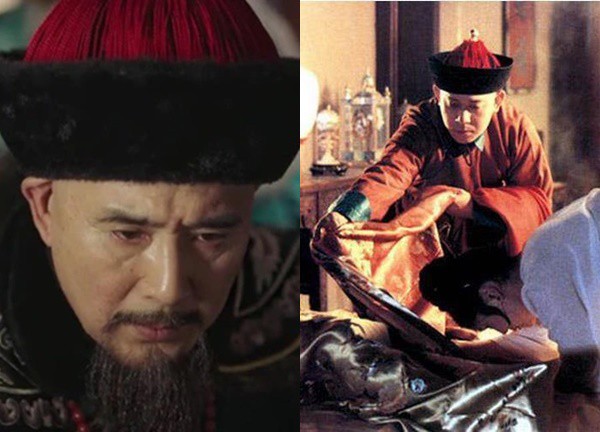
1 | 1 Discuss | Share
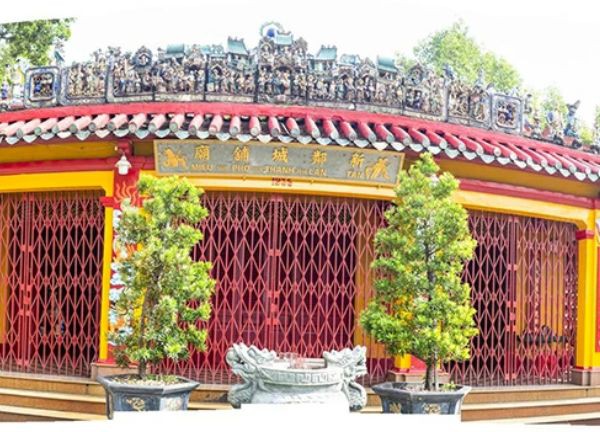
4 | 1 Discuss | Share
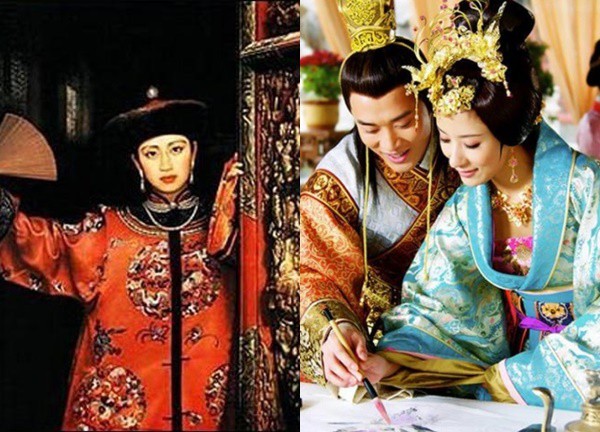
2 | 1 Discuss | Share



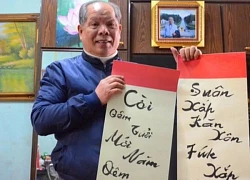






3 | 1 Discuss | Report